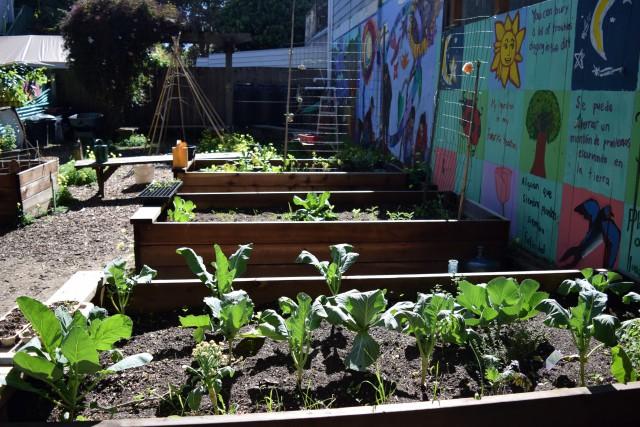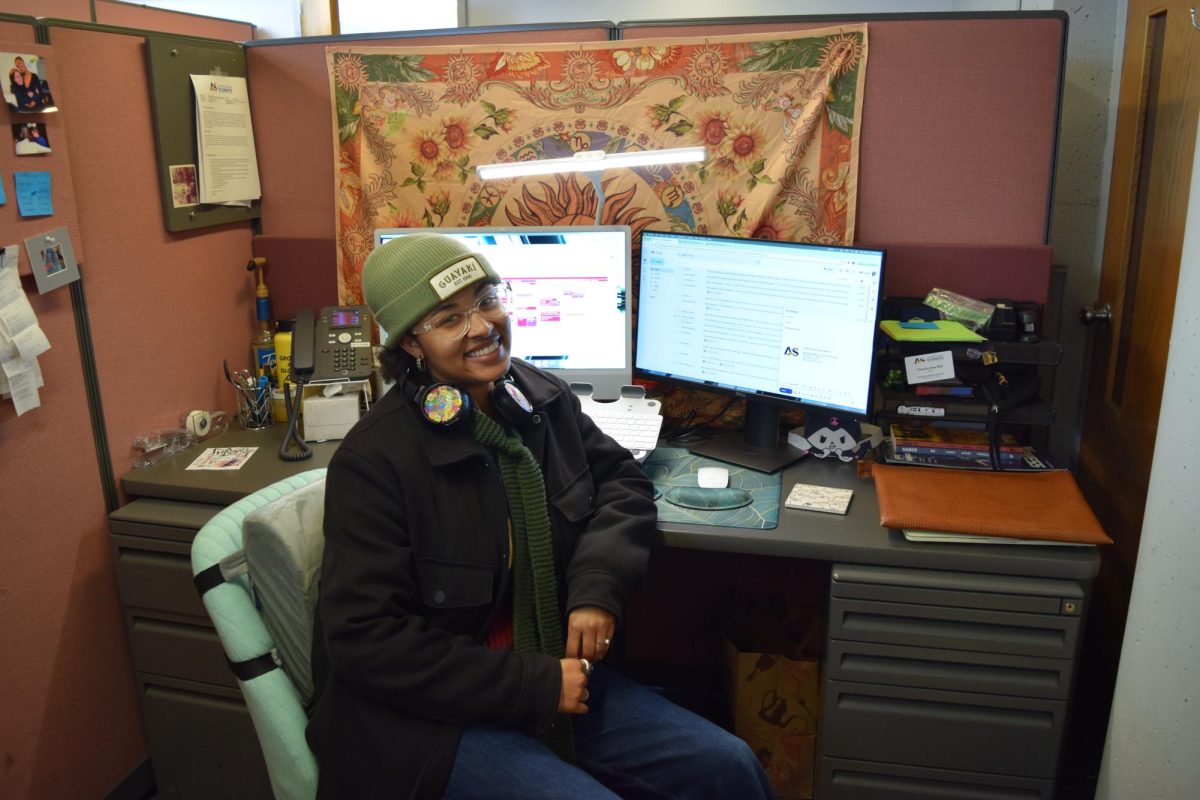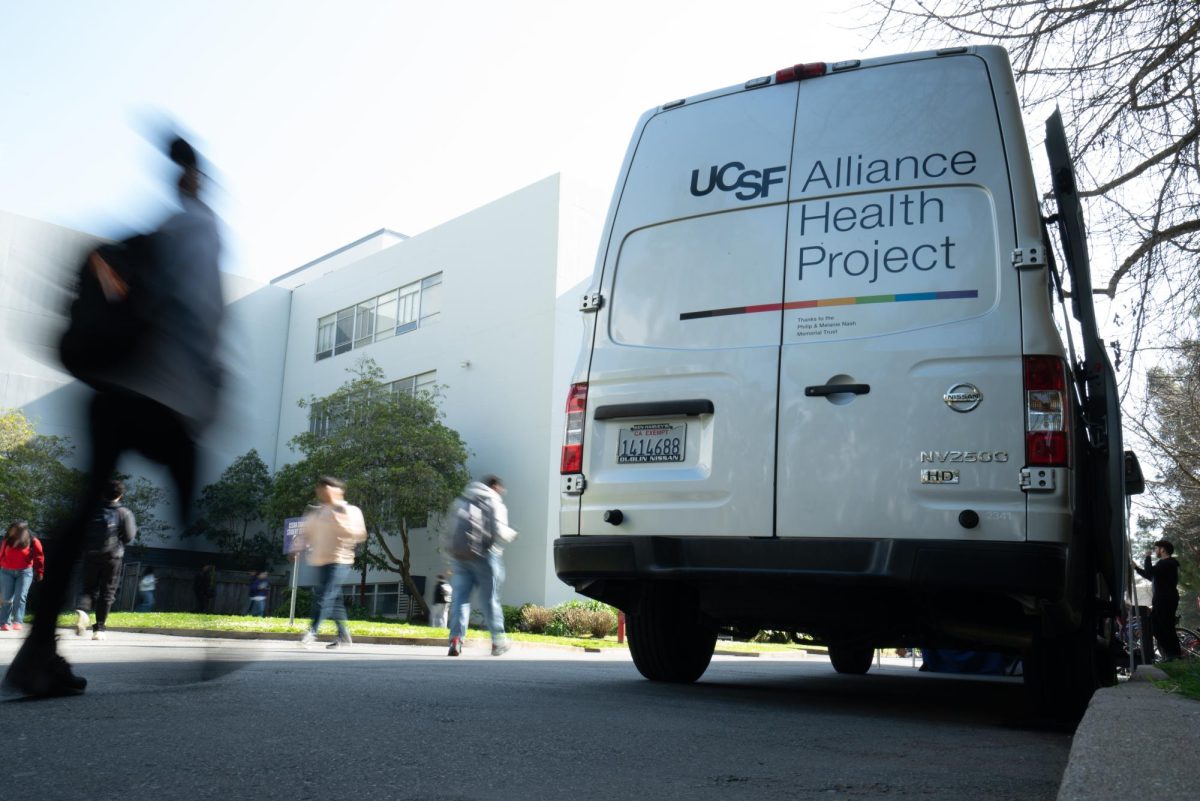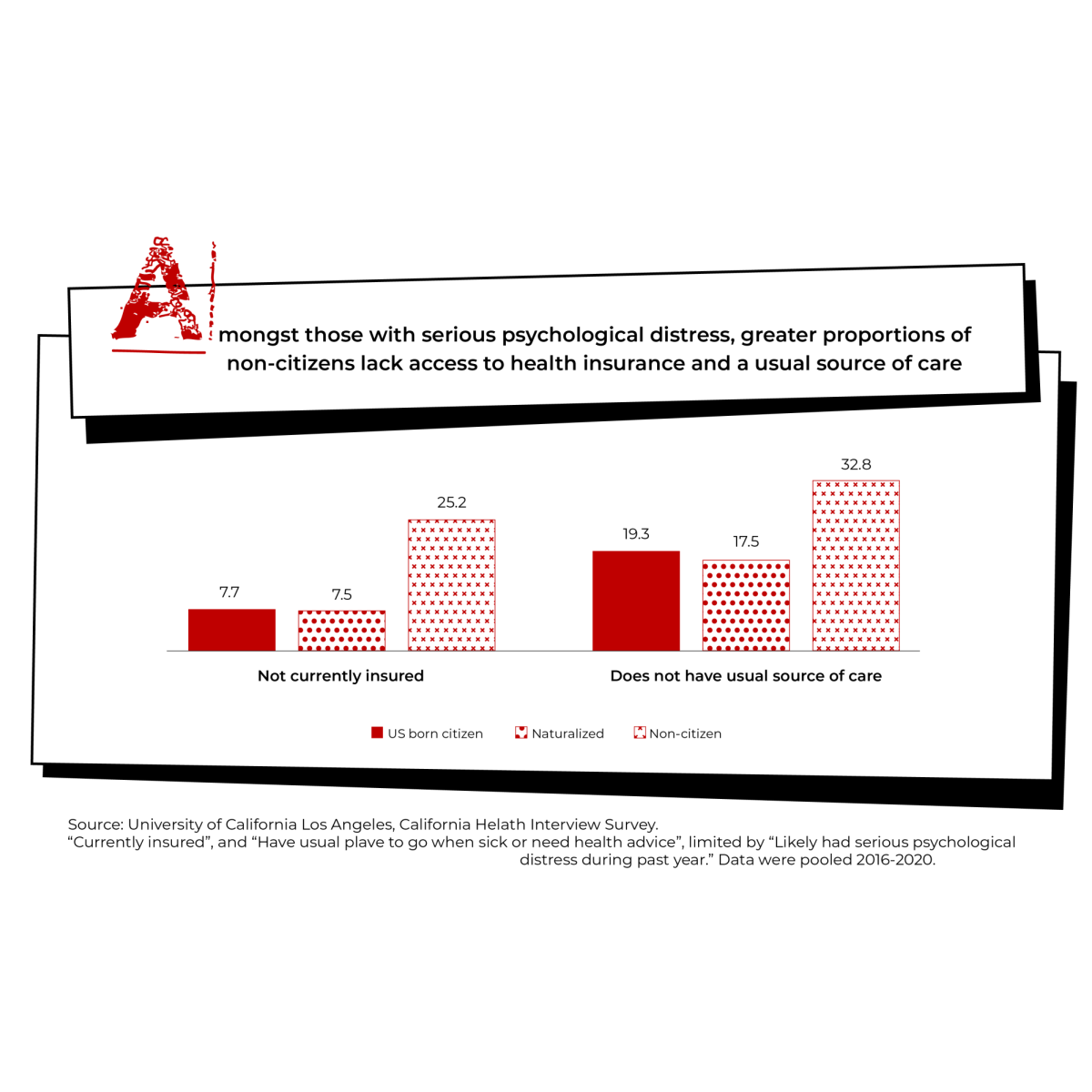By: Priscilla Salahuddin
When Edgar Molina was in High School, he threw his food from the cafeteria onto the grass around him. He was tired of eating the same food over and over again. Molina sarcastically told his friends that the grass was going to die because of the unhealthy food they ate. To his surprise, the grass did gradually begin to die.
“You can’t really call that food,” Molina, co-founder of urban farming organization, Urban Campesino/as, said. “I realized that when you’re still developing at such a young age, food is an important thing. So we set out to change that and provide healthy food.”
Molina and other members of People Organizing to Demand Environmental and Economic Rights (PODER), an environmental justice organization focused on improving the lives of people of color in San Francisco, traveled to New Mexico to network and share ideas with Los Jardines Institute. Los Jardines, an organization that builds and sustains healthy communities, was producing healthy food to feed their neighborhoods and surrounding schools. Molina was greatly inspired by this organization and wanted to bring those same traits to San Francisco; by starting Urban Campesino/as.

“Me and my friends realized that we’re living in one of the wealthiest cities in the world,” Molina said. “So why can’t we have that [nutritious food]?”
Molina pitched the idea of Urban Campesino/as to PODER as an initiative that would reconnect people to the earth and to their food. As a result, PODER agreed to be the umbrella organization and provide space and financial support.
“They came with a whole manifesto telling me they wanted to start this organization and we said ok,” Teresa Almaguer, youth coordinator at PODER, said.
After knocking on 300 doors and asking residents what they wanted to see done with the unused land in their communities, Urban Campesinos decided to grow real food, which they define as natural and unprocessed. Many of the surveyed answers revealed how surrounding neighborhoods wanted to use the land as a space for the community to come together and hold cultural events.
“We want it completely inclusive so no fences,” Savanah Maya, a member of Urban Campesinos, said. “Elders, children, and everything in between are welcome.”
Maya also believes that it is important to be knowledgeable about the food that people are ingesting.
“The food you consume literally makes up your flesh, so understanding what you consume mentally and physically is important,” Maya said.
Growing up she was constantly told that diabetes and obesity ran in her family, so she decided to understand how natural, healthy food can prevent those types of diseases. Maya believes that someone’s wealth should not determine their health.

After speaking to several garden owners for advice, Urban Campesino/as made the effort to acquire land through the city where they were granted one acre in the Excelsior District with plans on expanding to five acres in the near future. In the meantime, they call “The Secret Garden,” a garden in the Mission, their home where they harvest fruits, vegetables and host cultural events. According to Almaguer, the organization has yet to grow anything on the land of the Excelsior District, but will be in the drafting process by the end of this year. Although there is nothing planted yet, the organization has begun to hold workshops at the site, which incorporate farming and the indigenous culture that is represented amongst their members and community.
According to Molina, there are California native plant roots in the land that go down as far as 200 feet; rather than replace or remove the roots, they leave them in the ground to cultivate a connection with their ancestors. At the beginning of each event, they open up with a ceremonial blessing.
“Most of the Urban Campesino/as are indigenous to Mexico and El Salvador, so through ceremonia we are remembering our native ways,” Carlos Peterson-Gomez, Co-founder of Urban Campesino/as, said. “All it is, is asking for the source of life, the creator, to help guide us.”
On February 20, Urban Campesino/as hosted a basket weaving workshop for the community at Lake Merced. Edward Willie, a Pomo and Wailaki tribe member, taught the attendees how to traditionally weave baskets. He explained how Native Americans predominantly used the plant tule, native to the Bay Area, for basket weaving, creating shelter and making shoes. According to Peterson-Gomez, the organization chose this workshop to teach people how to stay in touch with both their culture and nature.
Additionally, Urban Campesino/as holds a youth summer program aimed at teaching children the importance of subsistence farming.
“Kids had a hard time wrapping their minds around [the fact] that fries come from potatoes,” Molina said. ”We brought a chicken to show them … what we eat, and they were like,‘that’s what’s wrapped in the plastic and styrofoam at Trader Joe’s?’”
Urban Campesino/as recognizes that communities of color lack access to sustainable foods. With that in mind, they provide this space for the community to share and produce healthy foods.





![[From left to right] Joseph Escobedo, Mariana Del Toro, Oliver Elias Tinoco and Rogelio Cruz, Latinx Queer Club officers, introduce themselves to members in the meeting room on the second floor of the Cesar Chavez Student Center.](https://xpressmagazine.org/wp-content/uploads/2024/03/mag_theirown_DH_014-1200x800.jpg)

